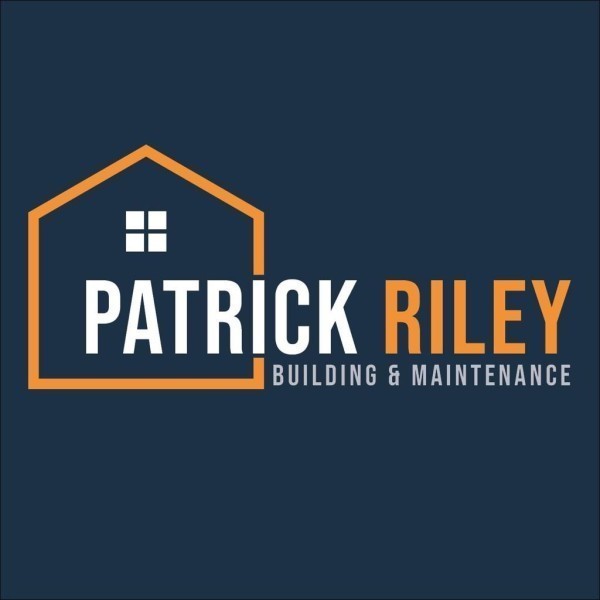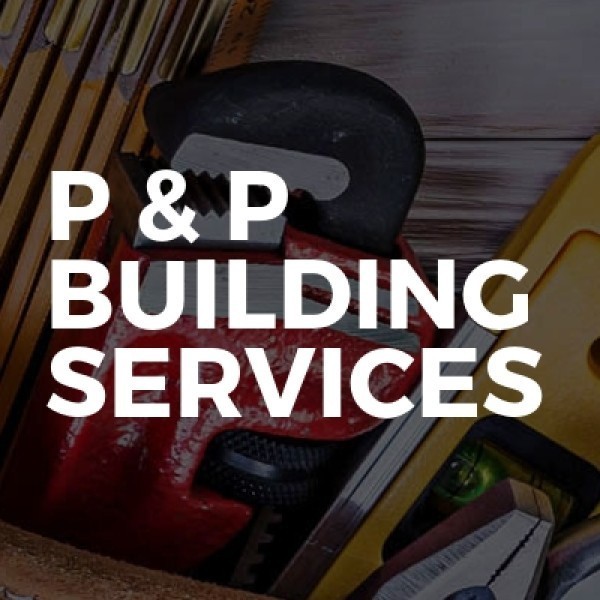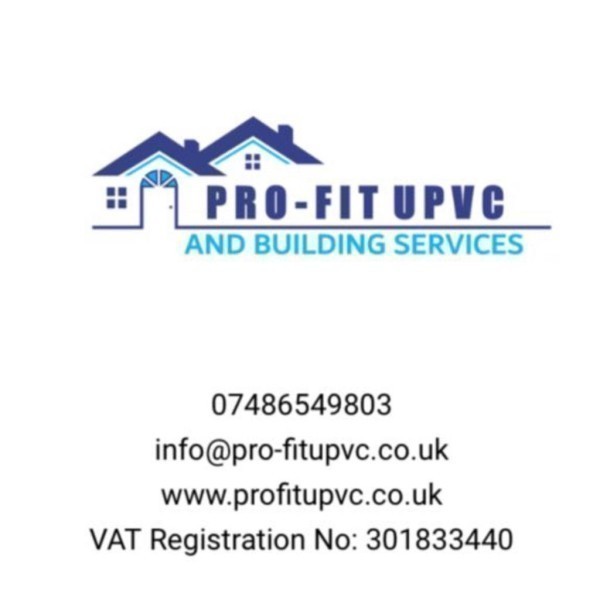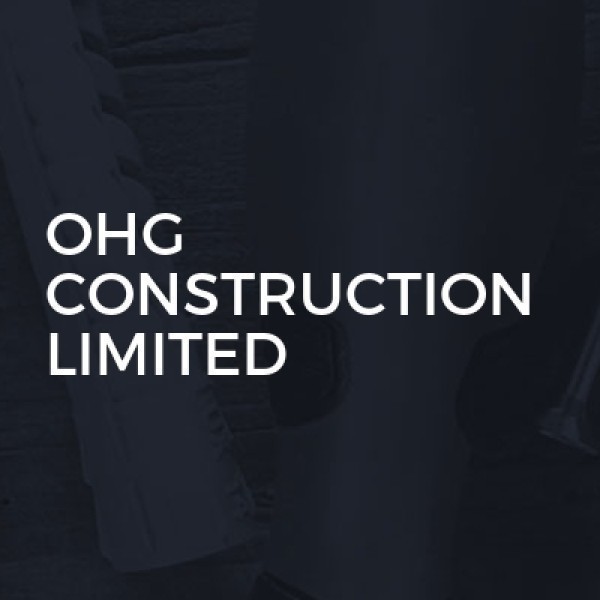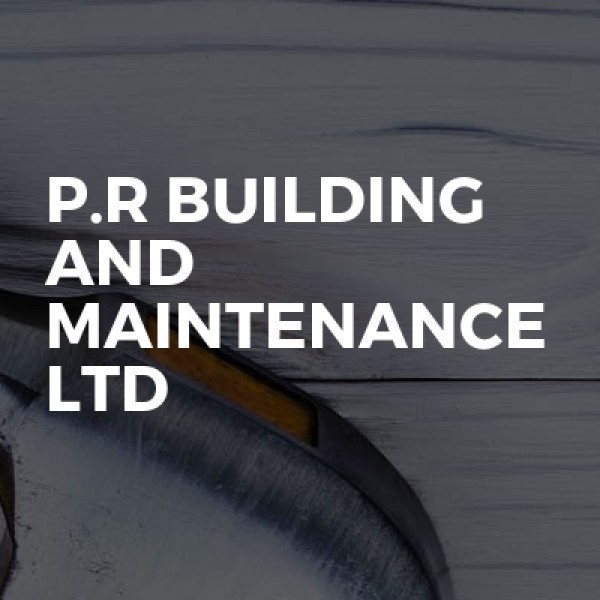Loft Conversions in Newton-Le-Willows
Filter your search
Post your job FREE and let trades come to you
Save time by filling out our simple job post form today and your job will be sent to trades in your area so you can sit back, relax and wait for available trades to contact you.
Post your job FREESearch Loft Conversions in places nearby
Understanding Loft Conversions in Newton-Le-Willows
Loft conversions in Newton-Le-Willows have become a popular choice for homeowners looking to maximise their living space without the hassle of moving. This charming town, nestled between Liverpool and Manchester, offers a unique blend of historical charm and modern convenience, making it an ideal location for enhancing your home. In this article, we'll explore the ins and outs of loft conversions, providing you with a comprehensive guide to transforming your unused attic space into a functional and stylish area.
What is a Loft Conversion?
A loft conversion involves transforming an empty attic space into a usable room, such as a bedroom, office, or playroom. This process not only adds value to your property but also provides additional living space without altering the footprint of your home. Loft conversions are particularly popular in areas like Newton-Le-Willows, where space is at a premium and the demand for housing is high.
Types of Loft Conversions
- Dormer Loft Conversion: This is the most common type of loft conversion, involving the construction of a box-shaped structure that extends from the existing roof. It provides additional headroom and floor space.
- Mansard Loft Conversion: Named after the French architect François Mansart, this type involves altering the roof structure to create a flat roof with a steep back wall. It's ideal for maximising space but requires more extensive structural changes.
- Hip to Gable Loft Conversion: Suitable for semi-detached or detached houses with a hipped roof, this conversion involves extending the sloping side of the roof to create a vertical gable wall.
- Velux Loft Conversion: Also known as a roof light conversion, this type involves installing Velux windows into the existing roofline without altering the structure. It's the least invasive option but offers limited additional space.
Benefits of Loft Conversions
Loft conversions offer numerous benefits, making them an attractive option for homeowners in Newton-Le-Willows. Here are some of the key advantages:
- Increased Property Value: A well-executed loft conversion can significantly boost the value of your home, often by more than the cost of the conversion itself.
- Additional Living Space: Whether you need an extra bedroom, a home office, or a playroom for the kids, a loft conversion provides the space you need without the hassle of moving.
- Cost-Effective: Compared to the cost of moving to a larger home, a loft conversion is a more affordable way to gain extra space.
- Customisation: Loft conversions offer the opportunity to create a bespoke space tailored to your specific needs and preferences.
Planning Permission and Building Regulations
Before embarking on a loft conversion in Newton-Le-Willows, it's essential to understand the planning permission and building regulations involved. While many loft conversions fall under permitted development rights, meaning they don't require planning permission, there are exceptions. For instance, if your home is in a conservation area or if the conversion involves significant structural changes, you may need to apply for planning permission.
Building Regulations
Regardless of whether planning permission is required, all loft conversions must comply with building regulations. These regulations ensure that the conversion is structurally sound and safe for habitation. Key areas covered by building regulations include:
- Structural Stability: Ensuring the existing structure can support the additional weight of the conversion.
- Fire Safety: Providing adequate escape routes and fire-resistant materials.
- Insulation: Ensuring the loft is properly insulated for energy efficiency.
- Ventilation: Providing adequate ventilation to prevent condensation and maintain air quality.
Choosing the Right Loft Conversion Specialist
Selecting the right specialist for your loft conversion in Newton-Le-Willows is crucial to the success of the project. Here are some tips to help you make the right choice:
- Experience and Expertise: Look for a specialist with a proven track record of successful loft conversions in the area.
- References and Reviews: Ask for references from previous clients and read online reviews to gauge the quality of their work.
- Accreditations: Check if the specialist is a member of relevant trade associations, such as the Federation of Master Builders.
- Detailed Quotation: Ensure you receive a detailed quotation outlining all costs involved, including materials, labour, and any additional fees.
Designing Your Loft Conversion
Designing your loft conversion is an exciting part of the process, allowing you to create a space that reflects your personal style and meets your needs. Here are some design considerations to keep in mind:
- Purpose: Determine the primary function of the space, whether it's a bedroom, office, or playroom, to guide your design choices.
- Layout: Consider the layout of the space, including the placement of windows, doors, and furniture, to maximise functionality and comfort.
- Lighting: Incorporate a mix of natural and artificial lighting to create a bright and inviting atmosphere.
- Storage: Make use of built-in storage solutions to keep the space organised and clutter-free.
Cost of Loft Conversions in Newton-Le-Willows
The cost of a loft conversion in Newton-Le-Willows can vary significantly depending on the type of conversion, the size of the space, and the complexity of the project. On average, you can expect to pay between £20,000 and £50,000 for a standard loft conversion. However, more extensive conversions, such as a mansard or hip to gable, may cost more.
Factors Affecting Cost
Several factors can influence the cost of your loft conversion, including:
- Type of Conversion: Dormer and Velux conversions tend to be more affordable than mansard or hip to gable conversions.
- Size of the Space: Larger spaces require more materials and labour, increasing the overall cost.
- Structural Changes: Significant structural alterations, such as raising the roof, can add to the cost.
- Finishes and Fixtures: High-end finishes and fixtures can increase the cost, but also add value to the space.
Financing Your Loft Conversion
Financing a loft conversion can be a significant investment, but there are several options available to help you manage the cost:
- Home Improvement Loans: Many banks and financial institutions offer loans specifically for home improvement projects.
- Remortgaging: Remortgaging your home to release equity can provide the funds needed for a loft conversion.
- Personal Savings: Using personal savings can be a cost-effective way to finance the project without incurring interest charges.
- Government Grants: In some cases, government grants may be available for energy-efficient home improvements, including loft conversions.
Common Challenges and Solutions
While loft conversions offer numerous benefits, they can also present challenges. Here are some common issues and solutions:
- Limited Headroom: If headroom is limited, consider a dormer or mansard conversion to increase space.
- Access: Installing a staircase can be challenging in some homes. Consider a spiral staircase or space-saving design to overcome this issue.
- Planning Permission: If planning permission is required, work with a specialist who can guide you through the application process.
- Budget Constraints: To manage costs, prioritise essential elements and consider phased construction to spread expenses over time.
Environmental Considerations
As environmental awareness grows, many homeowners are seeking sustainable solutions for their loft conversions. Here are some eco-friendly options to consider:
- Insulation: Use high-quality insulation materials to improve energy efficiency and reduce heating costs.
- Natural Lighting: Maximise natural light with strategically placed windows and skylights to reduce reliance on artificial lighting.
- Sustainable Materials: Choose sustainable materials, such as reclaimed wood or eco-friendly paints, for your conversion.
- Energy-Efficient Appliances: Incorporate energy-efficient appliances and fixtures to minimise your environmental impact.
Frequently Asked Questions
- Do I need planning permission for a loft conversion in Newton-Le-Willows? Most loft conversions fall under permitted development rights, but it's essential to check with your local council for specific requirements.
- How long does a loft conversion take? The duration of a loft conversion can vary, but most projects take between 6 to 12 weeks to complete.
- Can I live in my home during the conversion? Yes, most loft conversions can be completed with minimal disruption, allowing you to remain in your home throughout the process.
- Will a loft conversion add value to my home? Yes, a well-executed loft conversion can significantly increase the value of your property.
- What is the best type of loft conversion for my home? The best type of conversion depends on your home's structure, budget, and personal preferences. A specialist can help you determine the most suitable option.
- How can I ensure my loft conversion is energy-efficient? Use high-quality insulation, maximise natural light, and choose energy-efficient appliances to create an eco-friendly space.
Loft conversions in Newton-Le-Willows offer a fantastic opportunity to enhance your home, providing additional space and increasing property value. By understanding the process, planning carefully, and choosing the right specialist, you can transform your attic into a beautiful and functional living area that meets your needs and reflects your personal style.










